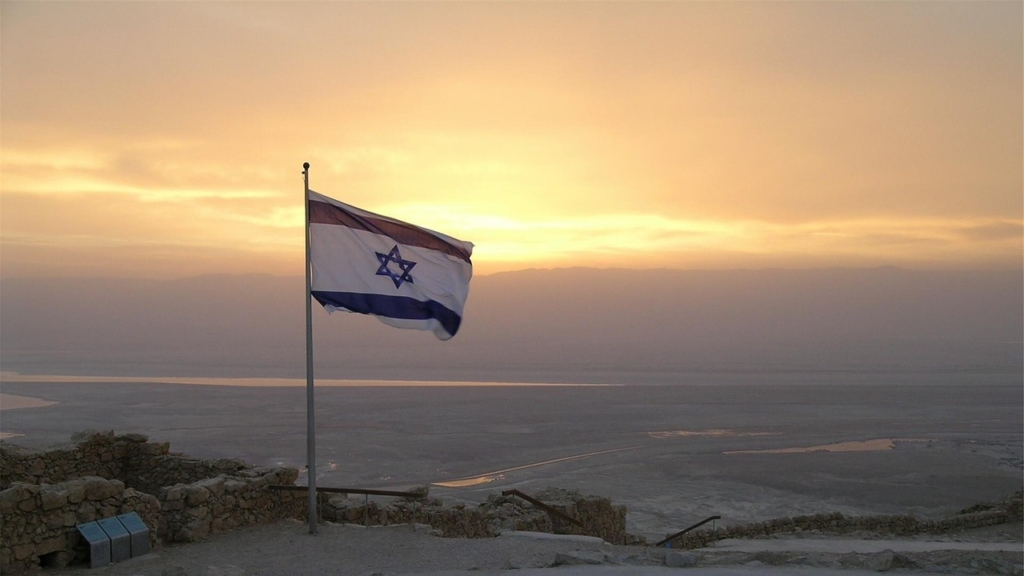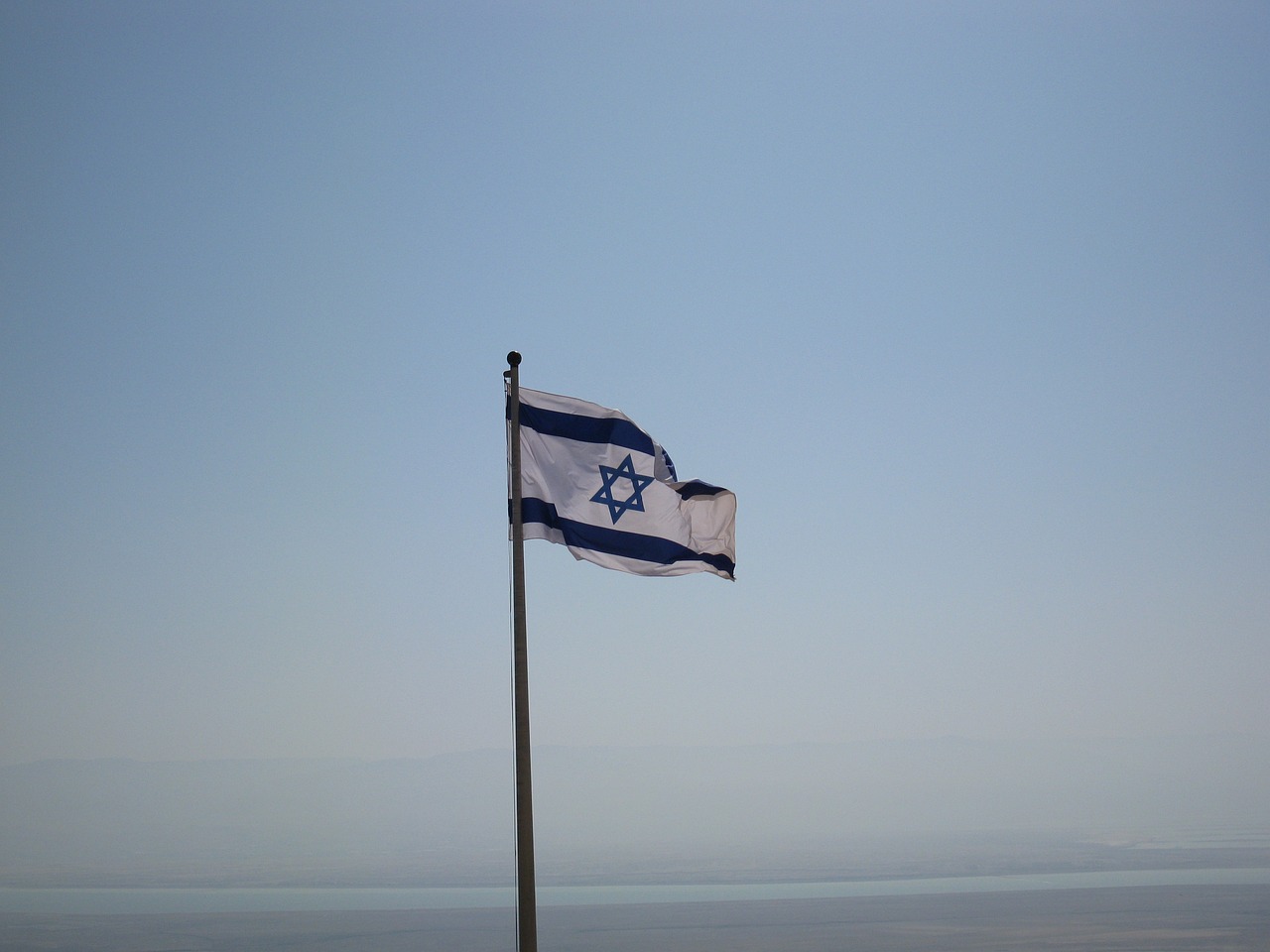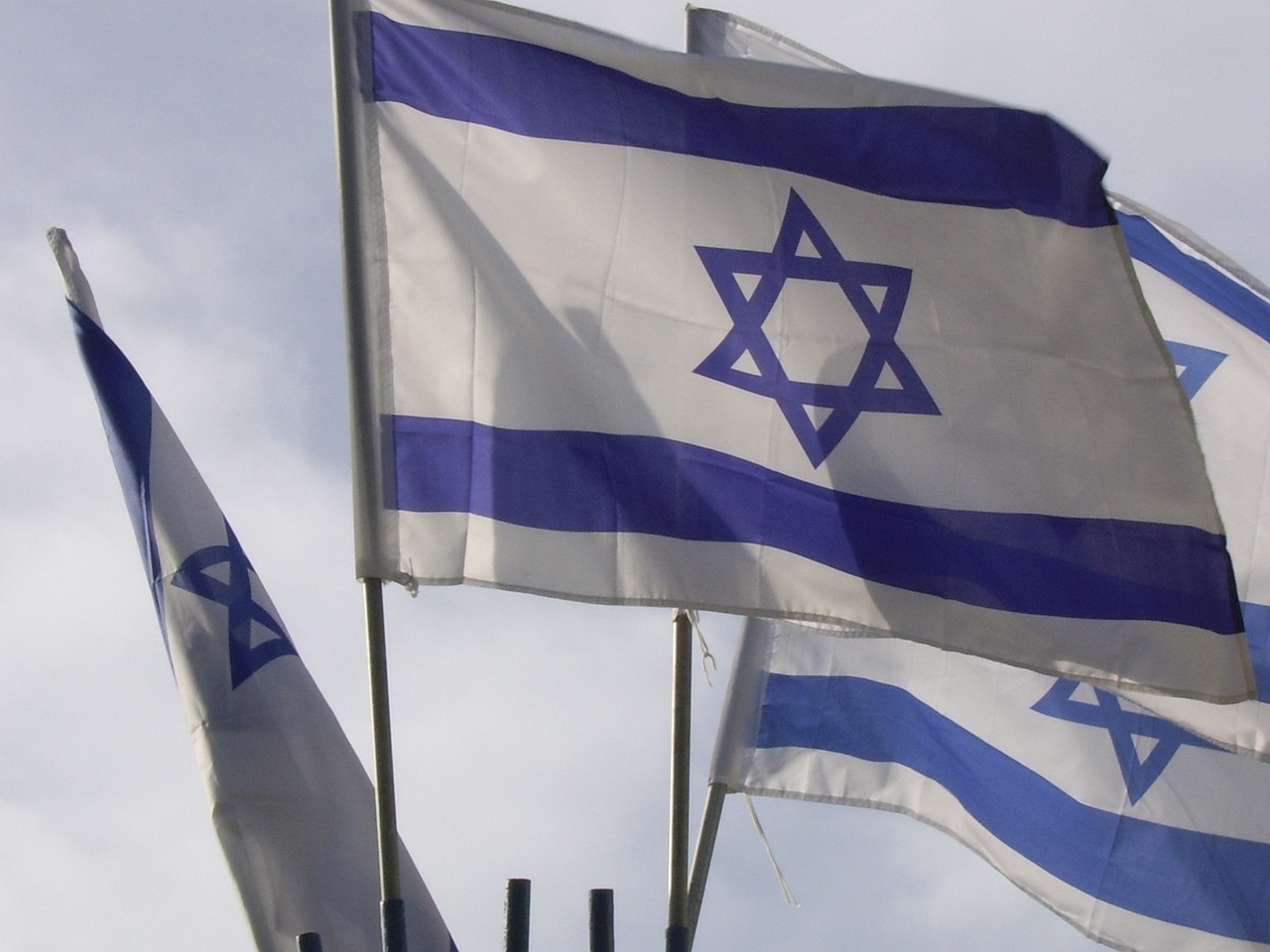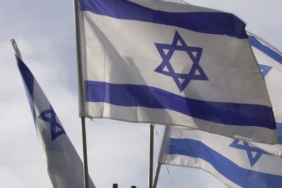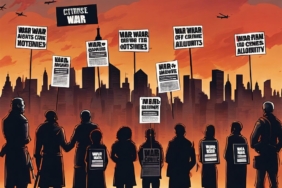Israeli Assassinations and Tension in the Middle East
Israel, which assassinated Hamas Political Bureau Chairman Ismail Haniyeh and Hezbollah Commander Fuad Shukur in two separate assassinations in Iran and Lebanon, has been on high alert not only considering the two organizations but also Iran’s possible reactions. The Israeli Internal Intelligence Agency (ŞABAK) announced that they would increase security measures around Prime Minister Benjamin Netanyahu and the ministers immediately following the assassination of Haniyeh. Iran considered the killing of Haniyeh in Tehran as an attack against itself and made statements that it would definitely respond to this attack. Hezbollah leader Hassan Nasrallah gave a strong message that Fuad Shukur would be avenged.
Possible Reprisals by Hezbollah
According to Israeli media reports, many scenarios are being considered for how Iran, Hezbollah and Hamas will respond to the assassinations targeting Haniyeh and Shukur. According to the Haaretz newspaper, Israeli forces are divided over whether Hezbollah’s retaliation will target military bases or civilian infrastructure. However, it is stated that they are prepared for all scenarios in either case. Hezbollah has been launching intense missile attacks on Jewish settlements on the Lebanon-Israel border during Israel’s attacks on Gaza since October 7, 2023. Although there was a lull in the region in the 48 hours following the assassination of Fuad Shukur, the organization resumed its Missile attacks as of Thursday evening. Israeli security services predict that Hezbollah could target inner Israel with long-range missiles or carry out a more planned retaliation to prevent Lebanon from being dragged into a large-scale war.
Iran’s Possible Response
Israeli officials have been relatively relaxed about how Iran will respond after Haniyeh was killed in his capital. Israel, which previously carried out an attack on the Iranian consulate in Damascus, Syria, in April, expects a similar situation to occur because Tehran’s response has been rather lackluster. According to Israeli Channel 12 television, the most likely response from Iran would be to repeat the attack it launched against Israel in April, when it fired more than 300 ballistic and cruise missiles and unmanned aerial vehicles (UAVs). According to Yedioth Ahronot, Iran and Hezbollah are planning a joint and coordinated response, with the Revolutionary Guards promising a specific action that would require long-term planning and could take weeks to implement. These options include cyberattacks that would disrupt daily Israeli life, target banks, transportation systems and critical infrastructure, or simultaneous assassination attempts on Israeli officials abroad.
Possible Targets of Hamas
According to the Israeli army, despite the 10-month-long attacks on Gaza, Hamas has not lost its ability to launch missiles into the occupied territories, and targeting Tel Aviv with missiles is among the most likely scenarios. According to the news in the Haaretz newspaper, army and Shabak officials state that Hamas intends to continue launching missiles from Gaza into Israel at all costs. However, it is also emphasized that this attack may have symbolic meaning, as Hamas’ missile manufacturing and launching capabilities have been severely damaged, and it is thought that launch teams may have difficulty accessing long-range rocket launchers.
Extensive War Concerns
Immediately after the Haniyeh assassination, US Defense Secretary Lloyd Austin announced that he would support Tel Aviv against any regional attack on Israel. In Israel, the possibility of war with Iran or a multi-front regional war has become more talked about than ever before. According to Haaretz, the fact that the assassination took place in Hezbollah’s heartland in Beirut and that he (Shukur) was a high-ranking official could force Hezbollah to set new rules of engagement. The introduction of the new rules could also push Israel to retaliate. Military officials believe that the current path to a full-scale war will be shortened.
